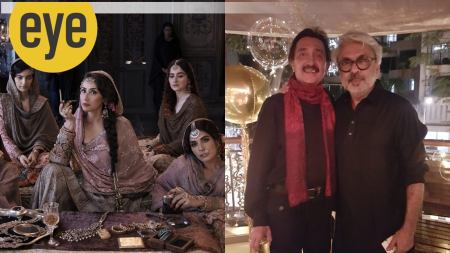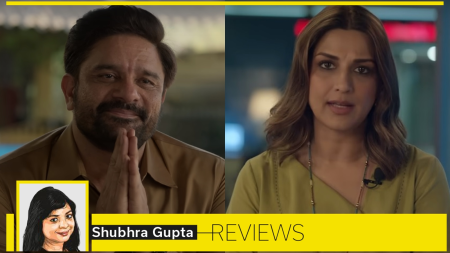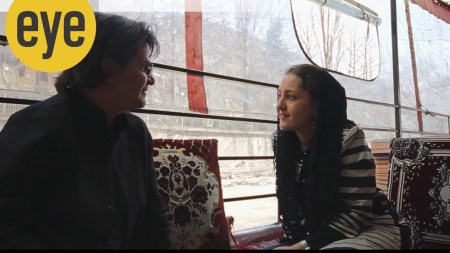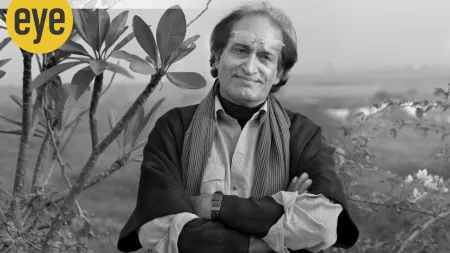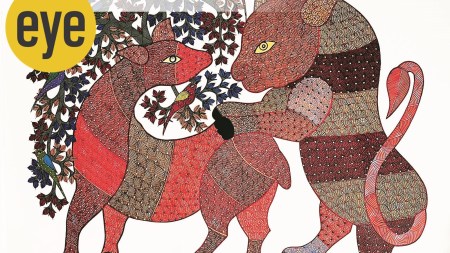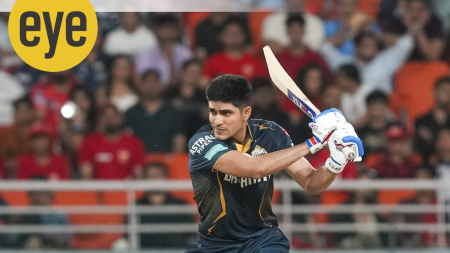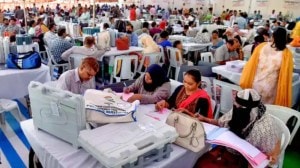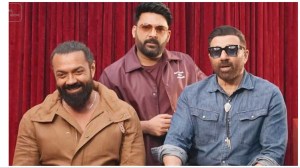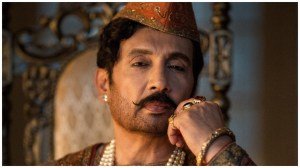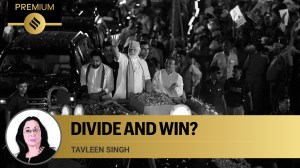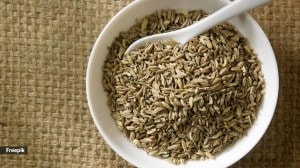- India
- International
A Leader Among Lawyers
Shyamala Pappu fought for the rights of the aam aadmi
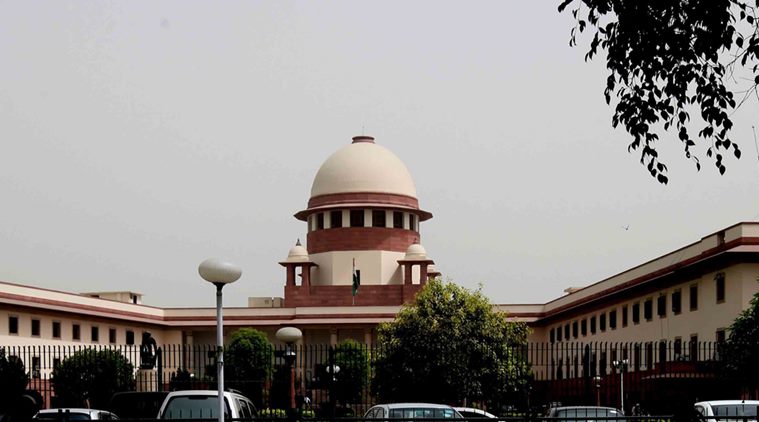 The Supreme Court of India
The Supreme Court of India
Shyamala Pappu, senior lawyer Supreme Court of India, passed away on September 7. She was born in 1933 well before Independence. Like many of her generation, the independence movement had a defining impact on her and throughout her life this influence was reflected in her work. She remained close to the left-liberal groups in the legal profession. With her passing, the era of lawyers born before Independence has almost passed, taking away with them the memories of the early years of the functioning of the Supreme Court. While she did not belong to the first generation of lawyers who practised in the SC, she was certainly part of the history of the formative years of the court, when every issue had to be argued without reference to precedent.
It is painful today to see lawyers use PIL and Articles 14, 15, 16 and 21 of the Constitution as a mantra with no idea of the work that went into the creating of a sophisticated concept of expanding the locus standi for the disinherited. Long before the advent of PIL, she represented the working classes, supporting her arguments with the rigorous discipline of law. She once told me, with her usual sense of humour, that today’s lawyers actually think that PIL means pill.
Shyamala Pappu was designated a senior lawyer in 1971 at the young age of 38, well before some of the sitting judges of today were even born. How many of them would even know that at one time, there were strong women lawyers in the court such as Urmila Kapoor, Kapila Hingorani and Shyamala Pappu, all committed to a cause larger than themselves?
My first introduction to her was in the chamber of D.P. Singh, M.K. Ramurthi, R.K. Garg and Subash Aggarwal. She was an integral part of those chambers but retained her individuality. It was the chamber I myself joined on my first introduction to the Supreme Court. It was known for its support of left-wing causes and many of the judgements that young lawyers cite today have emerged from these chambers. It was a chamber which developed the labour jurisprudence of the Supreme Court. Trade unions of every political party came there with their legal problems. In the early phase of her career, Shyamala represented the working class. Later she developed an interest in women’s issues. She was closely associated with several NGOs, including the YWCA, to which she provided legal services.
Shyamala was justifiably ambitious and aspired to be a law officer of the Government of India but was never made one, despite the fact that she was eminently suited for the position. She could have been the first woman Attorney General of India, something that has not been considered till date. Judges acknowledged her legal talent and respected her point of view and she could hold her own against any male lawyer. Her towering personality would not admit of any diminution of her professional skills based on her sex.

Three of her chamber colleagues are no more; each one came from a history of political struggle to the profession. With them and with her, we see the passing of the very idea of lawyering with the purpose of deepening the fundamental rights of the aam aadmi. Lawyers of her generation, both men and women, understood the meaning of the directive principles of state policy and their socialist goals. They compelled the courts to be guided by those principles in their decision-making and bequeath to future generations a revolutionary jurisprudence of transformation. With the advent of liberalisation and globalisation, that jurisprudence has all but disappeared from our courts. I feel sorry for the young women lawyers of today who never got an opportunity to observe her at work, and learn what it means to be a good woman and a good lawyer. She was a leader among lawyers and she will be missed.
EXPRESS OPINION
More Explained
May 06: Latest News
- 01
- 02
- 03
- 04
- 05


